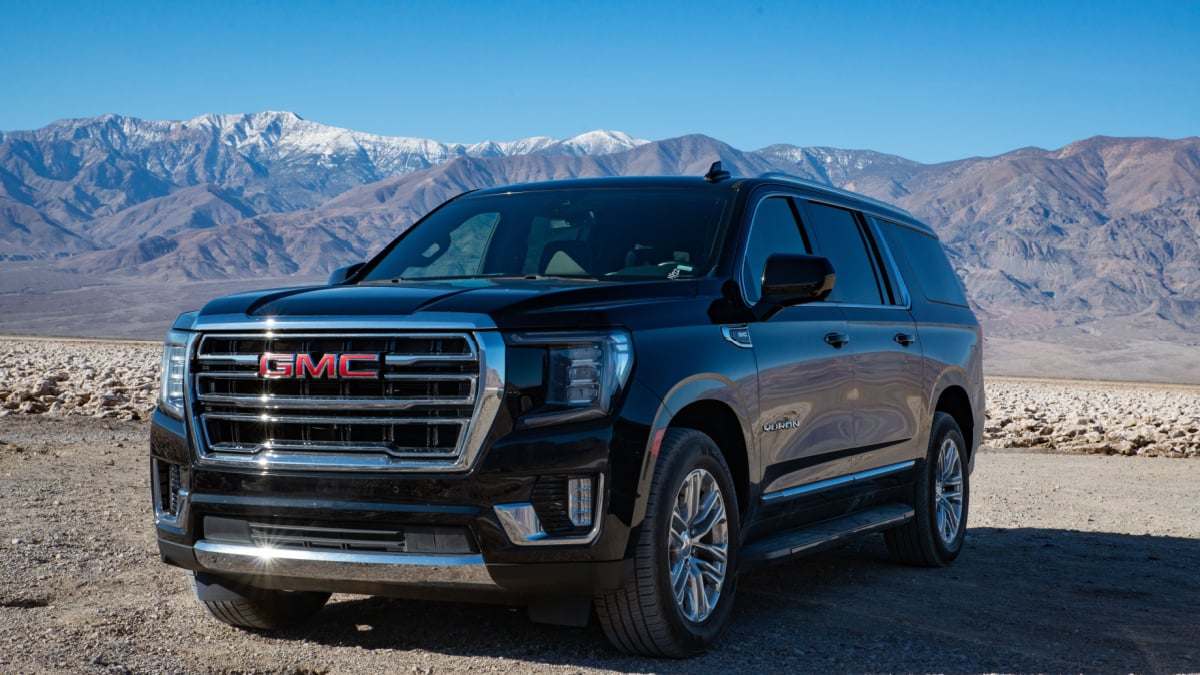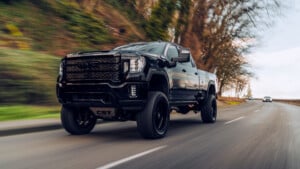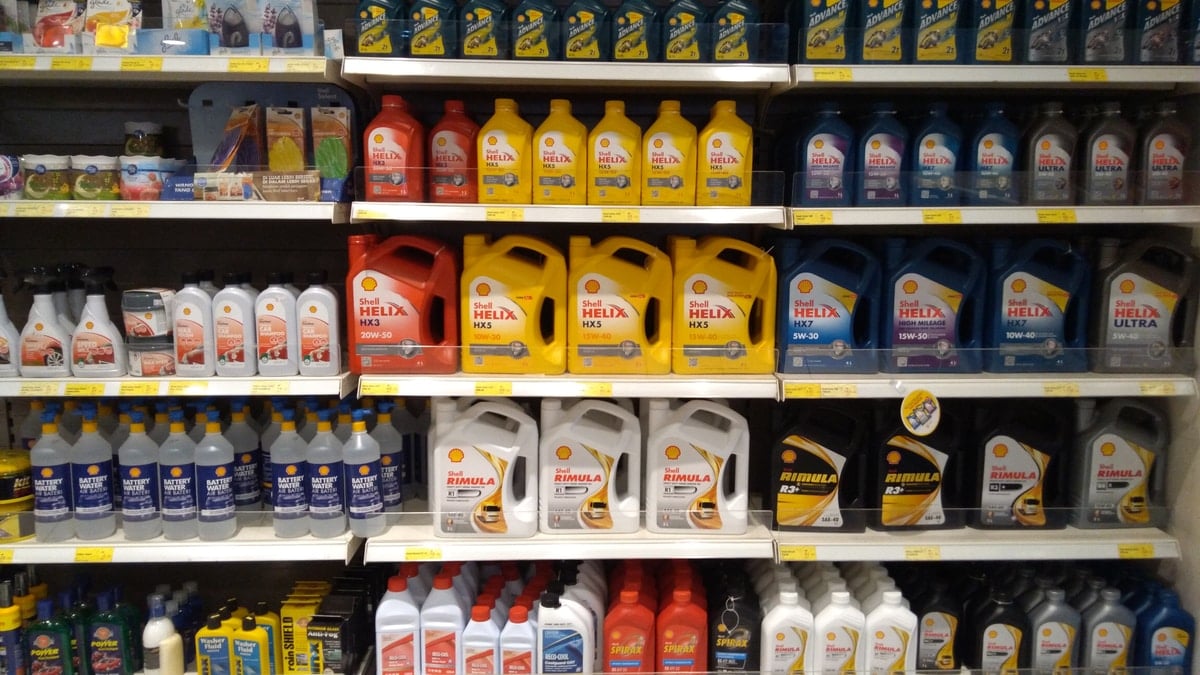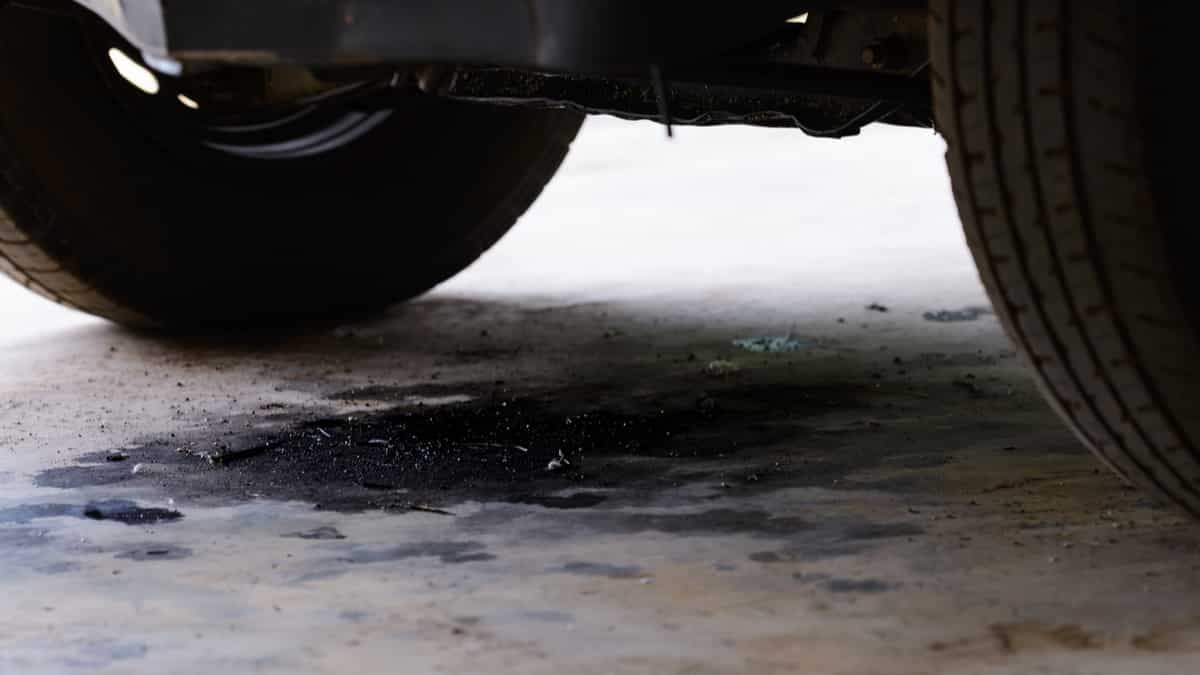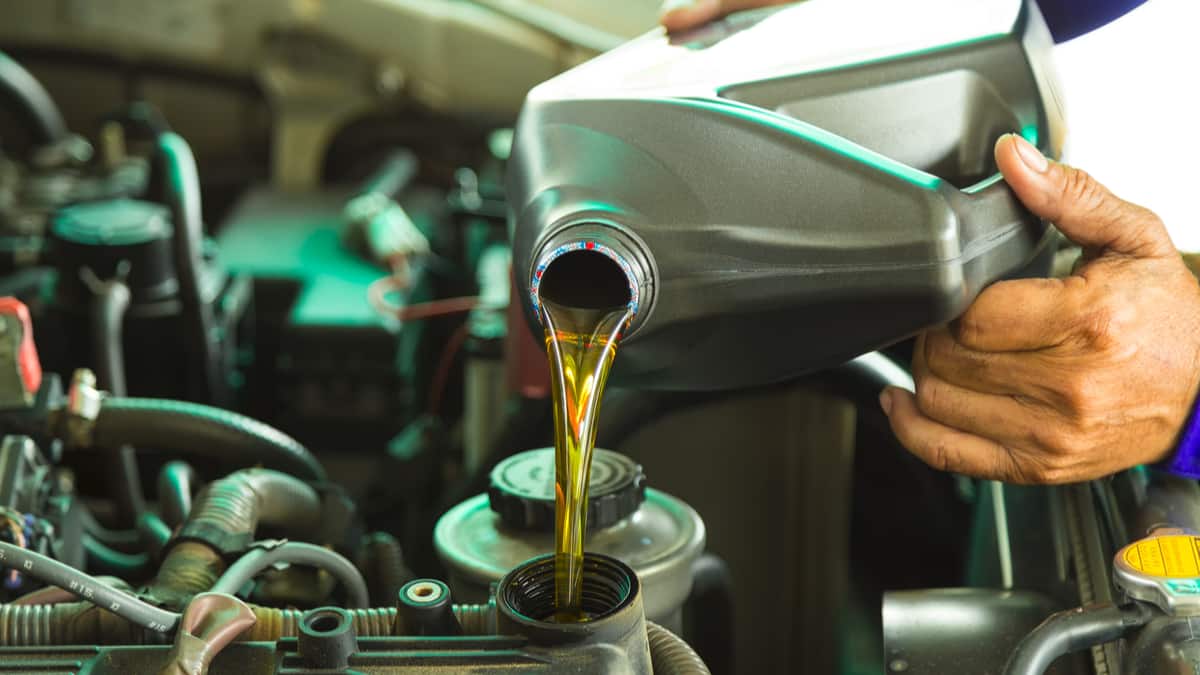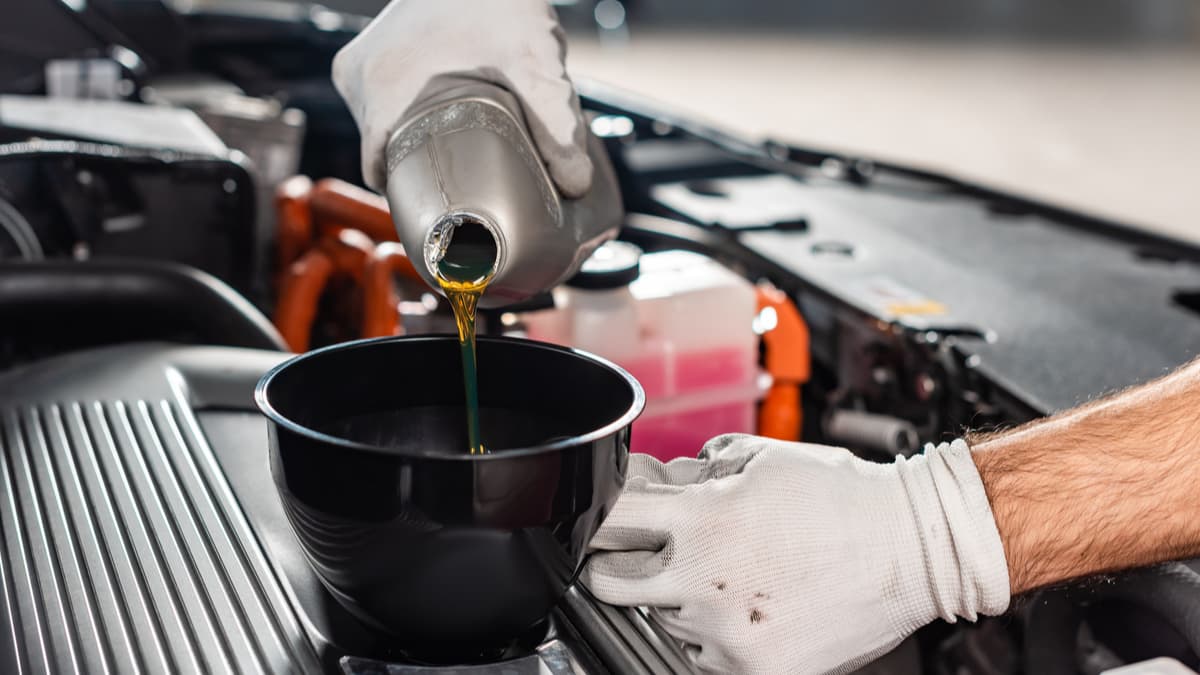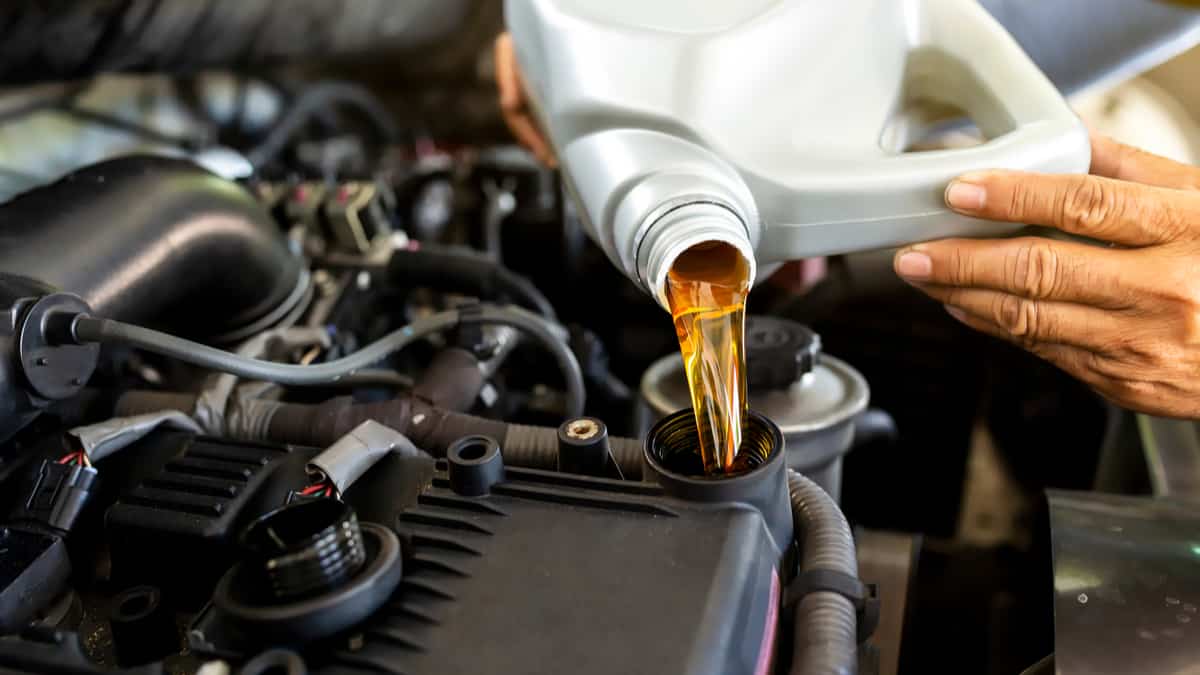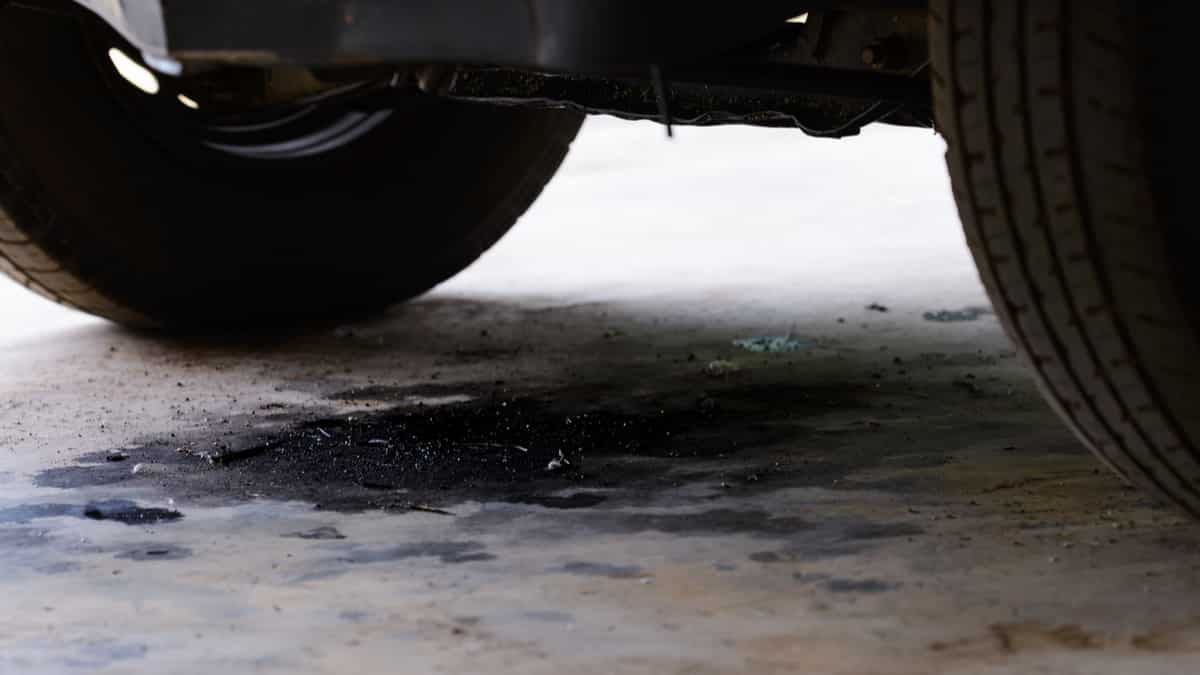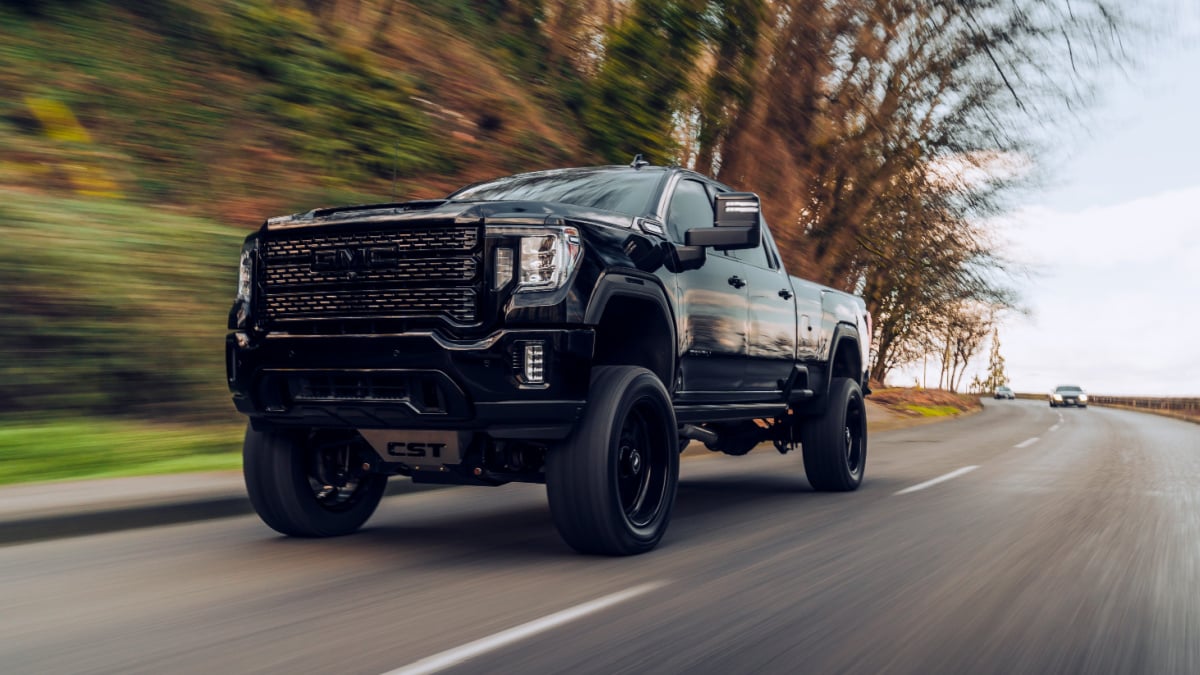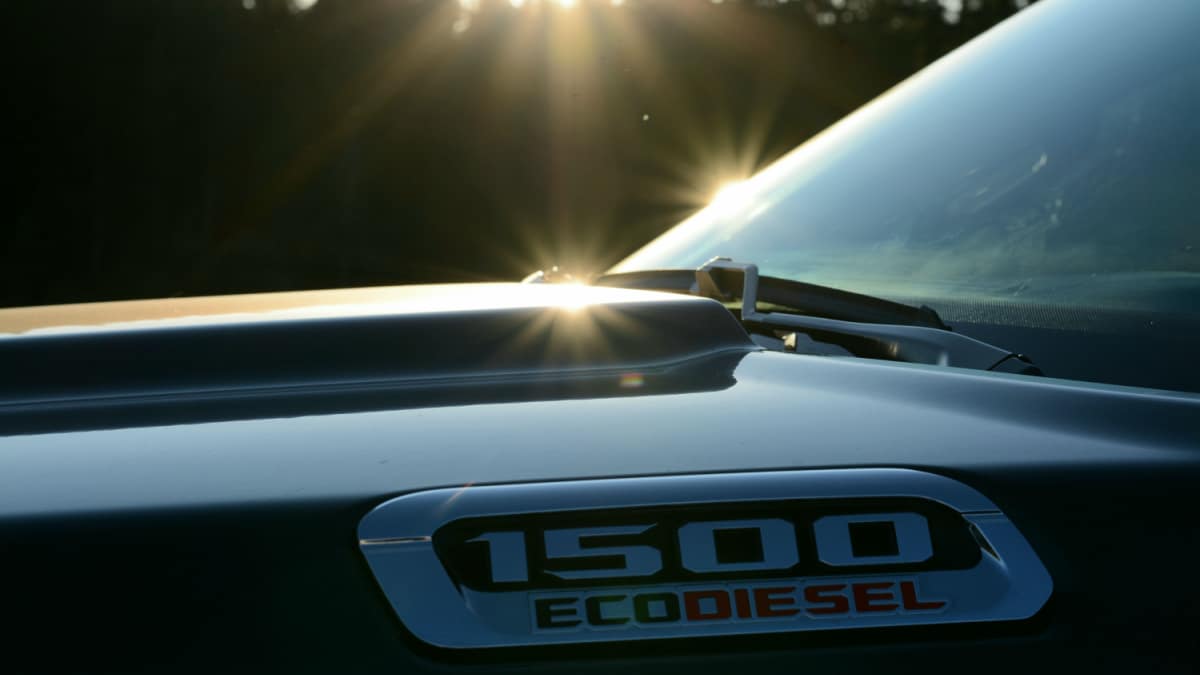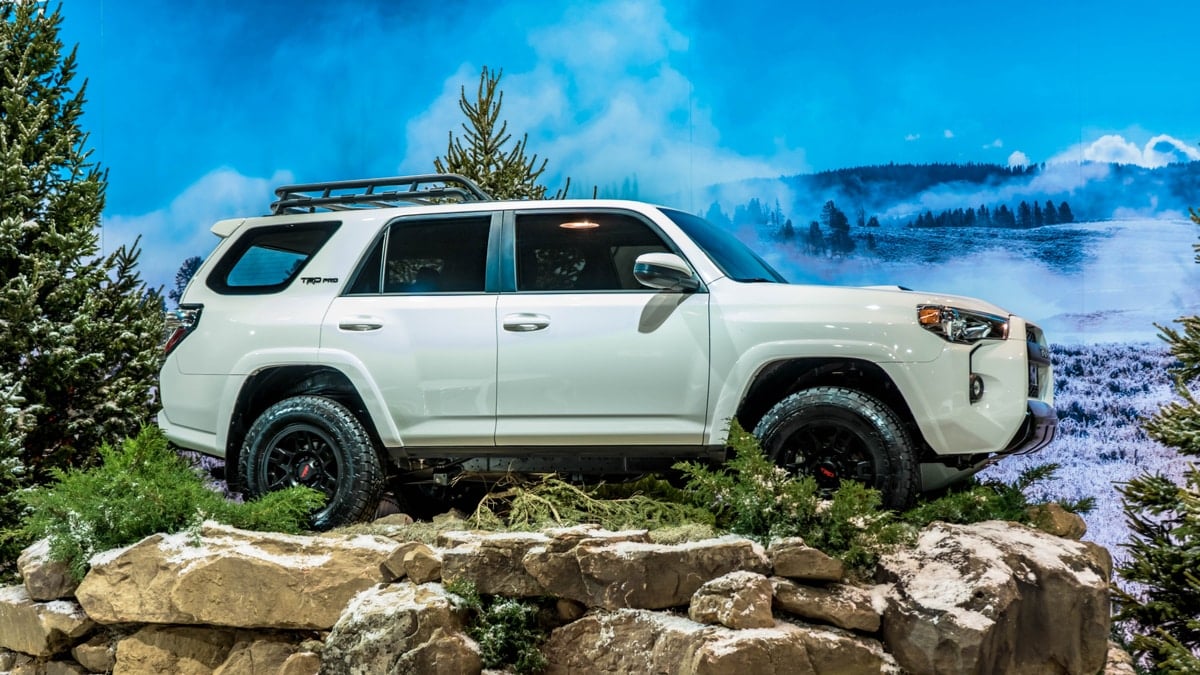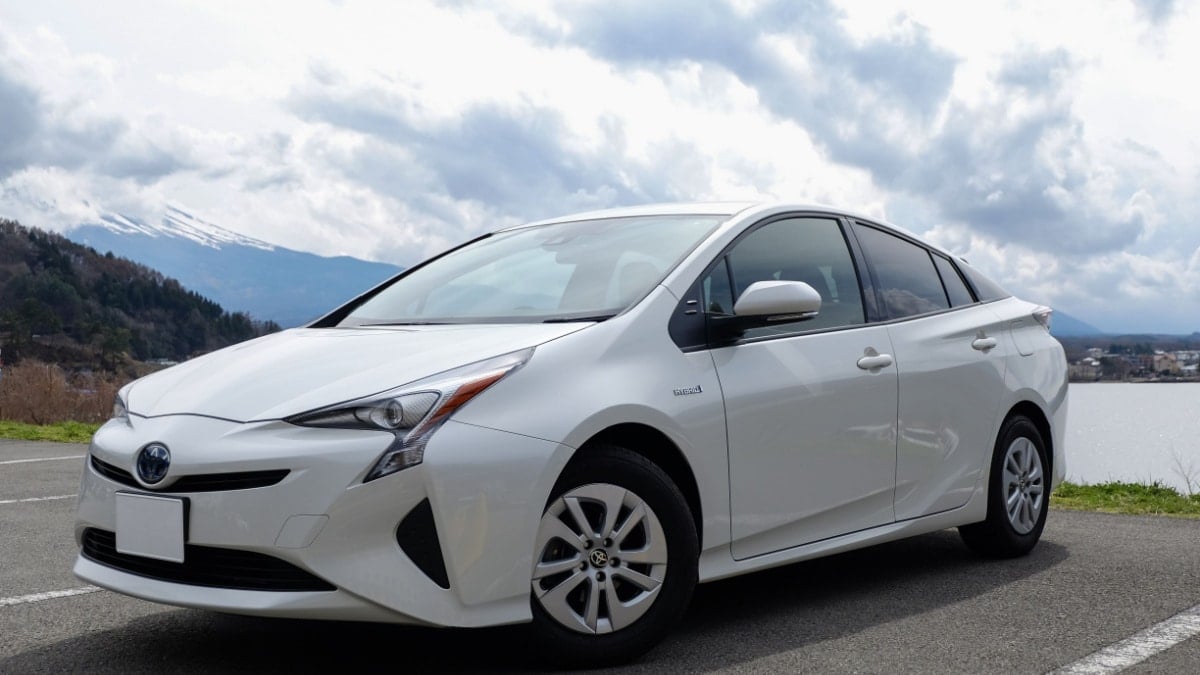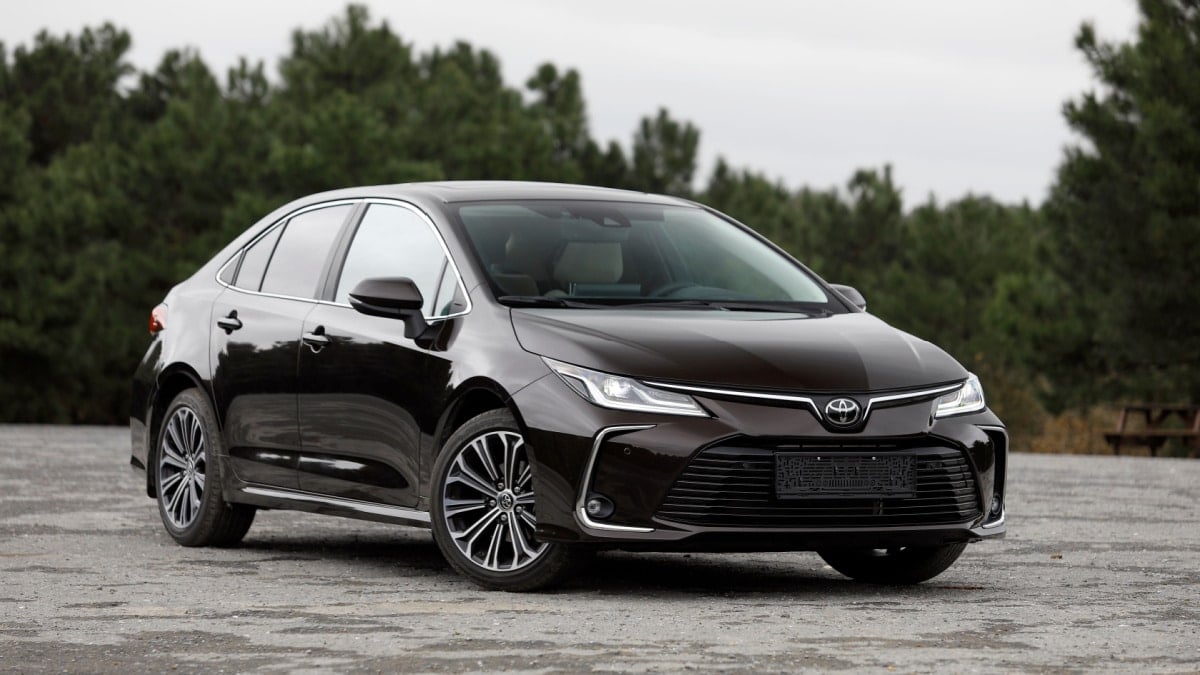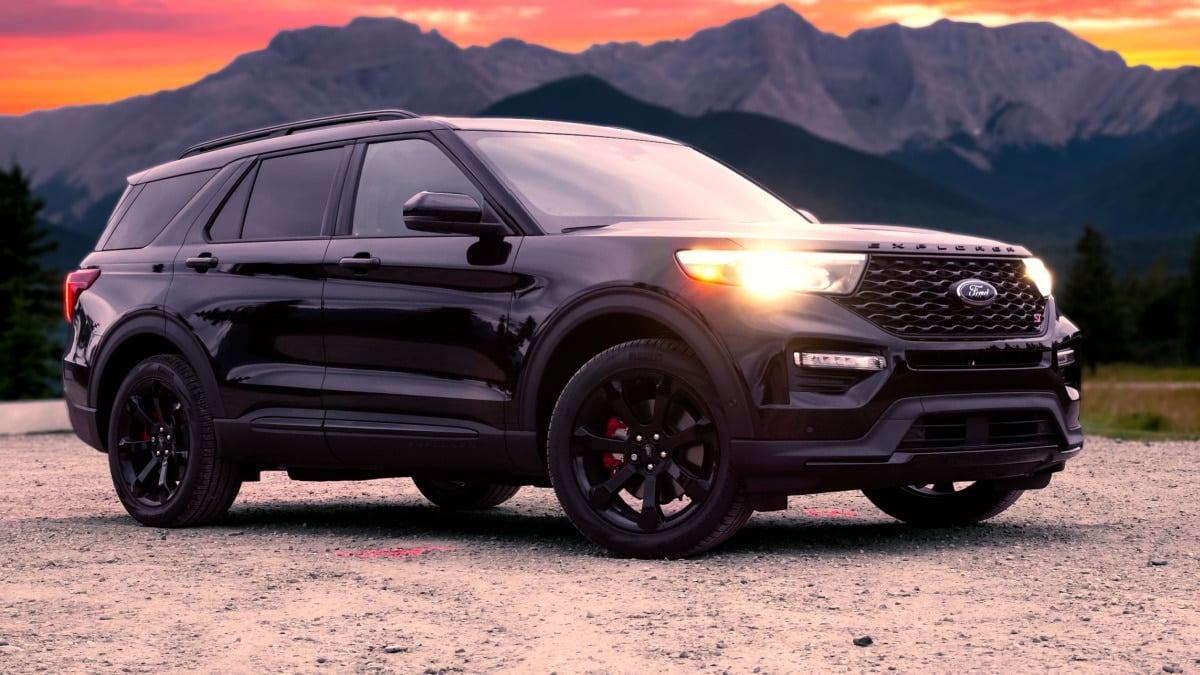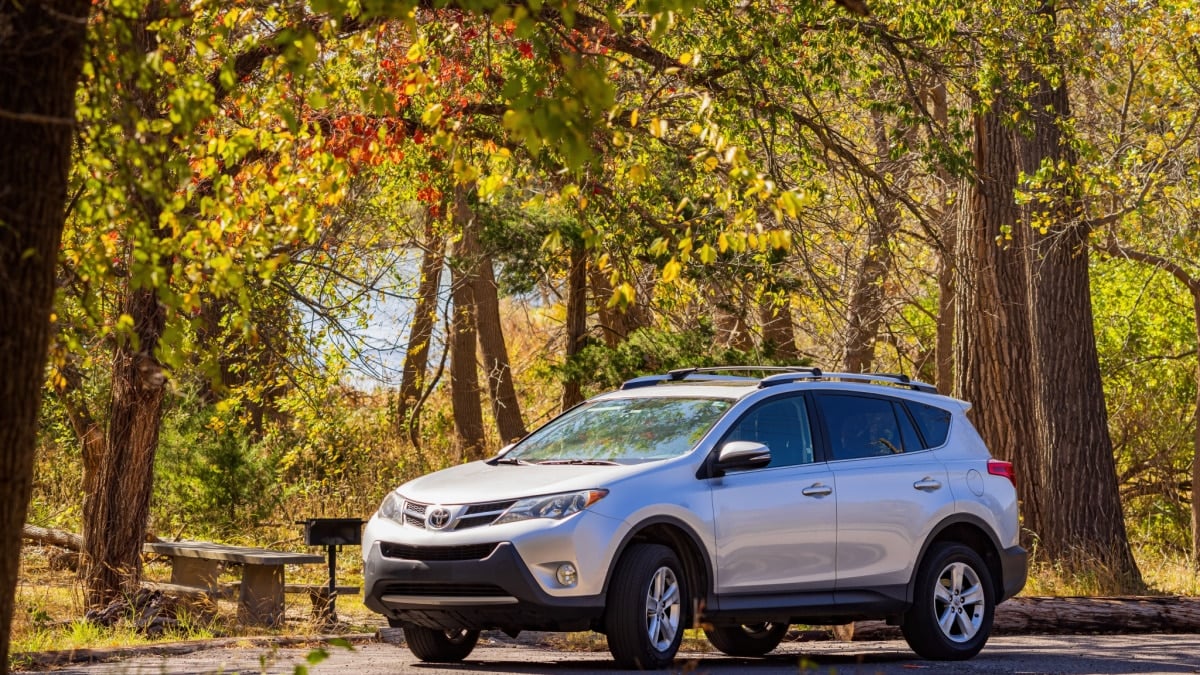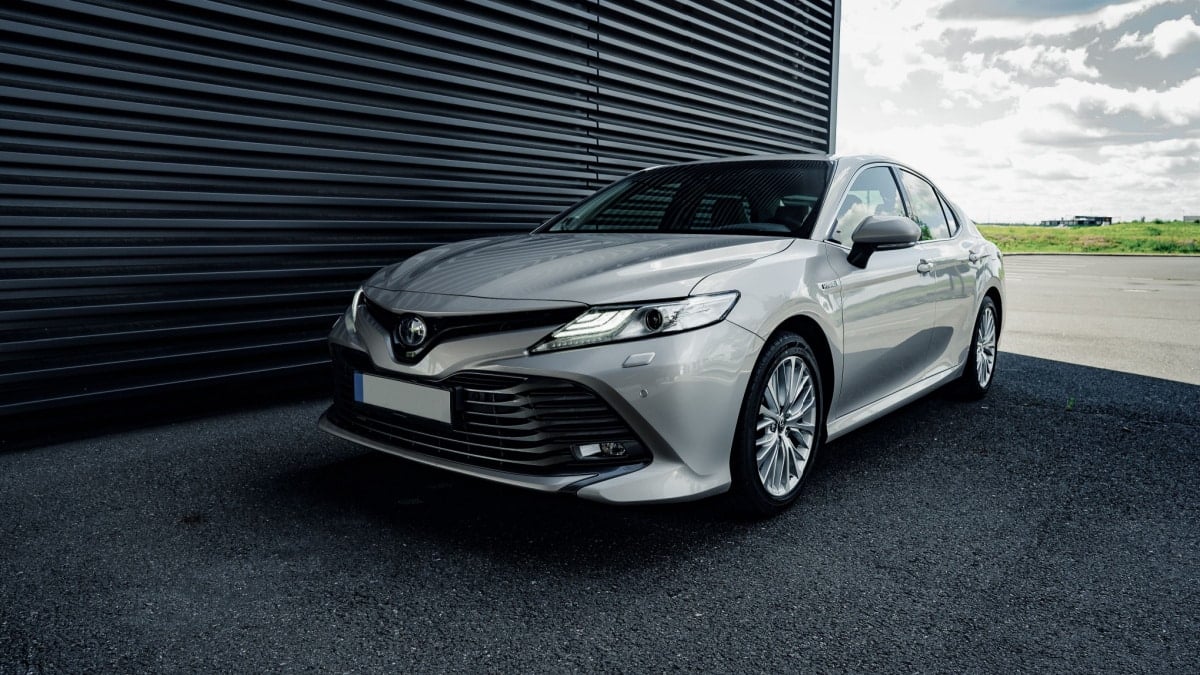The GMC Yukon is a glorified version of the Chevrolet Tahoe and has been an American full-size SUV since 1992. Over these years, there have been some great Yukon models and some worth avoiding. That’s why it’s important to know the best and worst years of GMC Yukon SUVs.
We rank five of the best GMC Yukon options and give you another five to avoid. We also cover the top Yukon problems and discuss some questions you may have.
The Best GMC Yukon Model Years
Of all the GMC Yukon models ever made, we highly recommend the 2006 and 2009. There are also good reviews on the 2013, 2012 and 2014 GMC Yukon models, showing that this batch was made with reliability in mind.
Here is some more information based on recalls, fuel economy ratings and consumer reviews.
1. 2006 GMC Yukon
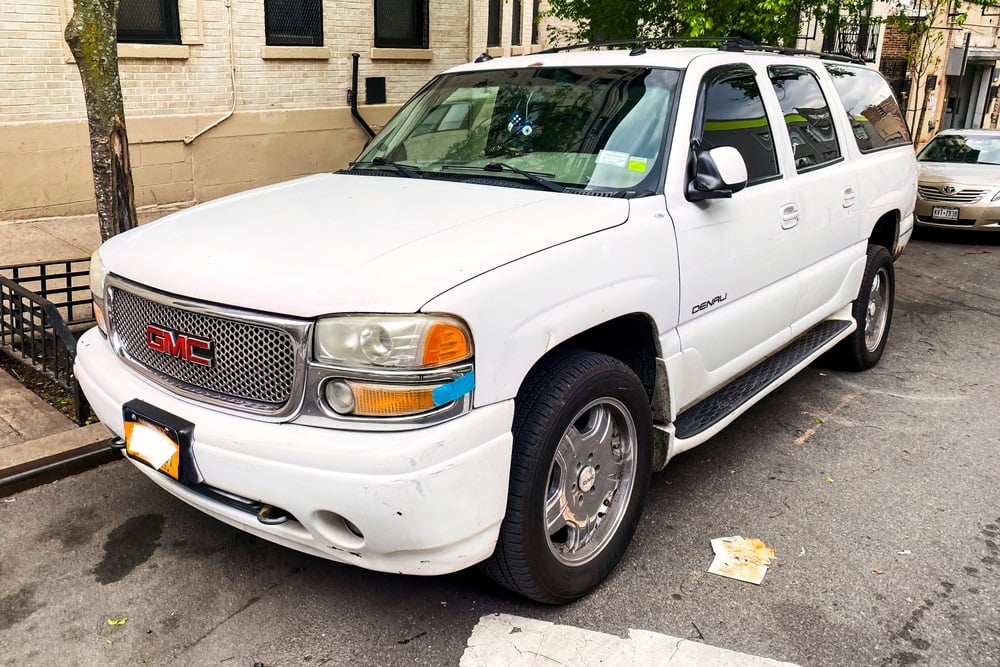
The most reliable Yukon model actually comes from more than 15 years ago. This SUV is ahead of its time, so it won’t appear very outdated, and you’ll be able to get a great deal on it.
Choose from one of the potent engines and enjoy the roomy interior. With a 7,700-pound max towing capacity, you can haul a lot more than people with this SUV. The only caveat to buying an SUV this old is to make sure it is well taken care of.
- NHTSA: 4 recalls
- Fuel economy rating: Up to 16 mpg combined
- Edmunds consumer review: 4.8/5
2. 2009 GMC Yukon
With the 2009 Yukon, you can also find a great deal but enjoy a few of the upgrades that came along with it. We are partial to the XFE Package, which includes lightweight aluminum parts for better fuel efficiency.
There is also the option for Bluetooth connectivity or a rearview camera for enhanced safety. All models include a six-speed automatic, but there’s a choice between the 5.3L or 6.2L V8 engine.
- NHTSA: 5 recalls
- Fuel economy rating: Up to 21 mpg combined
- Edmunds consumer review: 4.5/5
3. 2013 GMC Yukon
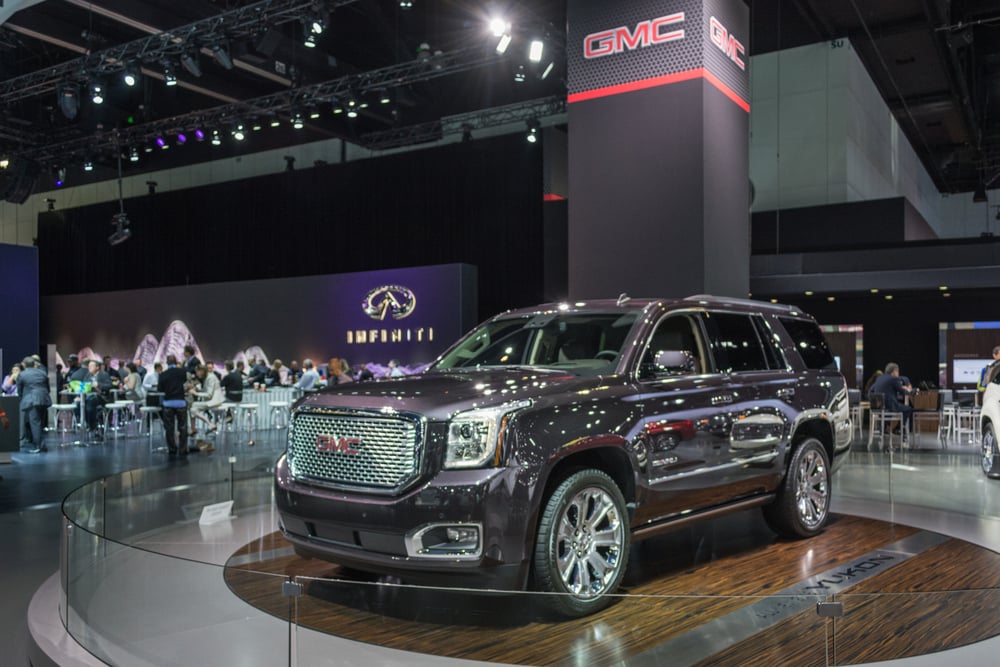
The 2013 GMC Yukon was mainly a carryover model, so there weren’t any major upgrades to go wrong. This large SUV gets great reviews and suffers from minimal issues.
It also features strong towing and hauling ability, so it’s not just for moving people. As a newer model, you will get some upgrades over the previous versions we talked about, but they will all come at a higher cost.
- NHTSA: 4 recalls
- Fuel economy rating: Up to 21 mpg combined
- Edmunds consumer review: 4.1/5
4. 2012 GMC Yukon
Moving back just one year, we see exceptional reviews for this large Yukon as well. Consumers boast about the safety features, reliability and interior comfort.
This model can tow a maximum of 8,500 pounds, which is no small feat. Plus, it has a maximum payload capacity of 1,652 pounds, so you can pile the cabin high of people or cargo.
- NHTSA: 4 recalls
- Fuel economy rating: Up to 21 mpg combined
- Edmunds consumer review: 4.0/5
5. 2014 GMC Yukon
Rounding out our top choices is the 2014 Yukon. This SUV is attractive and includes potent powertrain configurations. The 5.3L V8 pumps out 320 horsepower, while the 6.2L V8 is good for 403 horsepower.
Aside from that, customers remark about the comfortable ride and smooth drive. There’s also a Denali version filled with high-tech equipment and opulent surfaces for more luxury-minded consumers.
- NHTSA: 3 recalls
- Fuel economy rating: Up to 17 mpg combined
- Edmunds consumer review: 4.0/5
Worst GMC Yukon Model Years
Our choices for the worst Yukon years may surprise you because some are newer models. Based on recalls, complaints and fuel economy, we recommend avoiding the 2021 and 2015 GMC Yukon. It’s also best to stay away from the 2016, 2007 and 2003 GMC Yukon lineups.
Let’s see what’s wrong with each of these models.
1. 2021 GMC Yukon
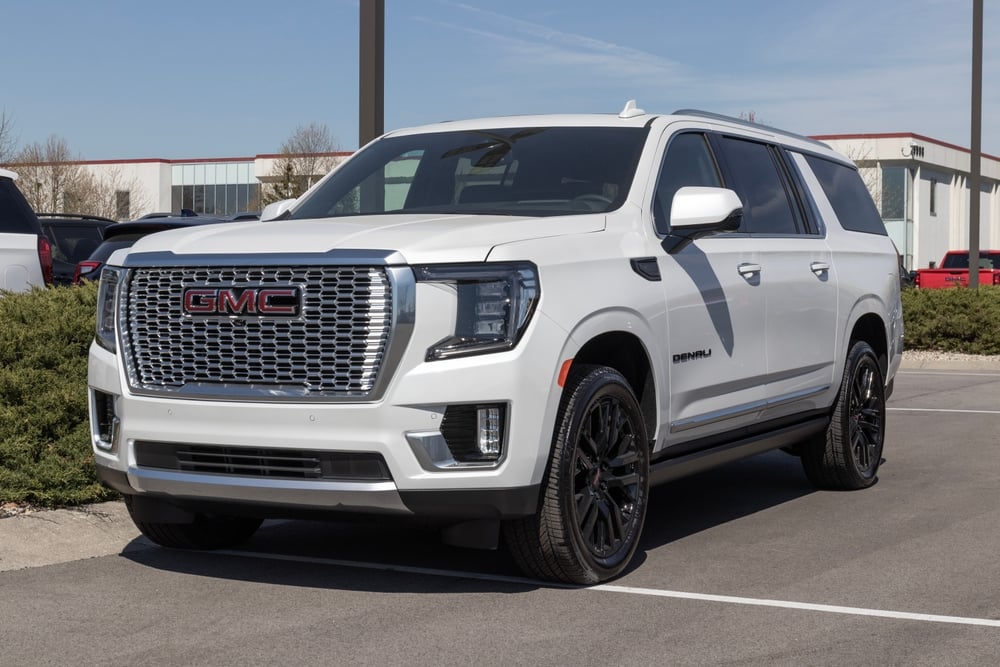
As a newer model, used car buyers may jump at the chance to get a 2021 Yukon for a decent price. However, this model should be avoided at all costs. With the complete redesign, there are a lot of bugs to work out.
There are three recalls for the seat belts, one for the airbags and another for the exterior lighting, proving this SUV may not be safe enough to trust for family travel. There are also numerous complaints about the electrical system and the engine, proving that an older model would be a better option.
- NHTSA: 11 recalls
- Fuel economy rating: Up to 23 mpg combined
- Edmunds consumer review: 2.9/5
2. 2015 GMC Yukon
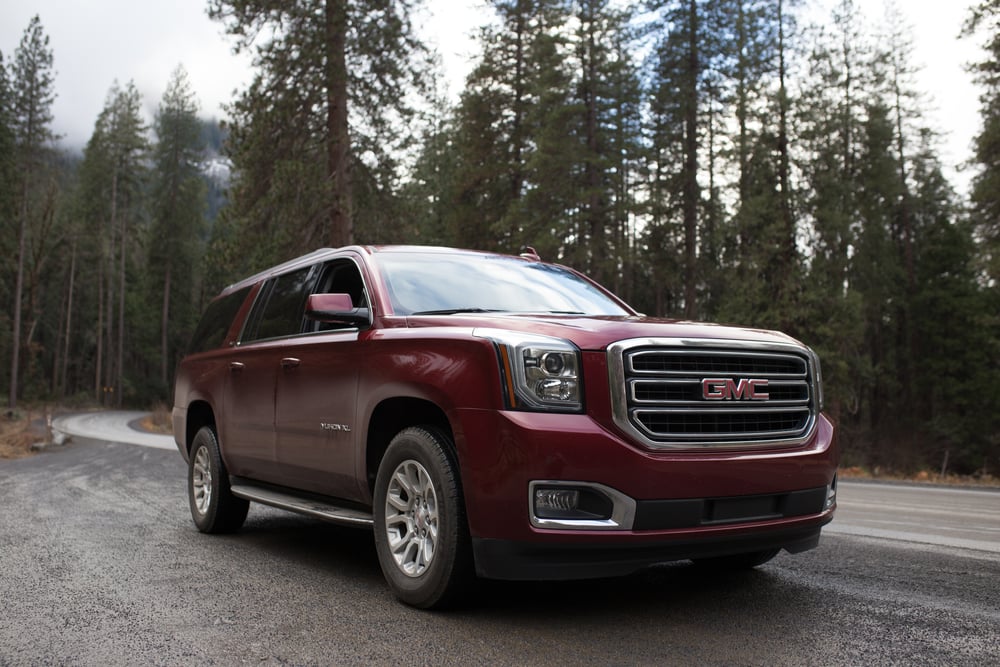
The 2015 Yukon ranks right up there with the 2021 in relation to defects. Some people say it’s one of the most troublesome years ever made and we have to agree. The main problem is malfunctioning tail lights, requiring premature replacement. These lights cost a lot and aren’t simple to replace.
Trailer assist defects also occur, leaving drivers with illuminated warning lights and loud chiming noises. Even after several trips to the dealership service center, owners are coming away without a resolution.
- NHTSA: 10 recalls
- Fuel economy rating: Up to 18 mpg combined
- Edmunds consumer review: 3.4/5
3. 2016 GMC Yukon
The 2016 Yukon doesn’t fare much better than its predecessor. It still receives multiple complaints about the brake lights and premature failure.
We rank this Yukon slightly better because it has half of the recalls as the last SUV. Still, the NHTSA has issued a Do Not Drive warning on this vehicle because of defective control arms. Until the recall repair is made, these aren’t safe to operate.
- NHTSA: 5 recalls
- Fuel economy rating: Up to 19 mpg combined
- Edmunds consumer review: 3.3/5
4. 2007 GMC Yukon
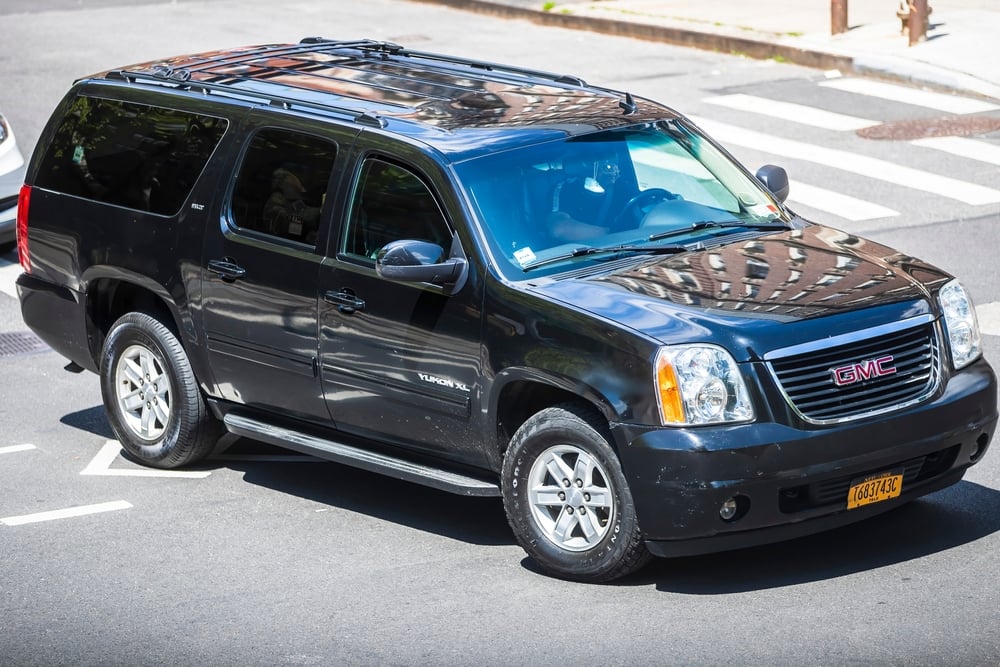
As with other vehicles from this time, the 2007 Yukon was part of the massive Takata airbag recall. These airbags can explode and metal shrapnel can spray out in the cabin. The airbags may also not deploy at all, which is equally dangerous.
Aside from this, the dashboard tends to crack prematurely. While this isn’t a safety concern, it does reduce the value of the SUV.
- NHTSA: 4 recalls
- Fuel economy rating: Up to 17 mpg combined
- Edmunds consumer review: 4.5/5
5. 2003 GMC Yukon
With 2003 Yukon SUVs, the biggest complaints come about from the electrical system. The instrument panel can flicker and the infotainment display glitches.
Aside from that, the brake system malfunctions. It’s typical for the brake lines to wear prematurely.
- NHTSA: 8 recalls
- Fuel economy rating: Up to 15 mpg combined
- Edmunds consumer review: 4.5/5
Most Common GMC Yukon Problems
Based on data from RepairPal and consumer complaints, the most common Yukon problems include malfunctioning tail lights, excessive oil consumption, dashboard cracking, defective AC systems and transmission vibrations.
Here are some more details about each of these possible faults.
Malfunctioning Tail Lights

GMC owners are fed up with the malfunctioning tail light issues. Many of these LED lights fail prematurely, leaving drivers to replace them. Some drivers end up replacing them multiple times, especially when using OEM products.
In some vehicles, changing a tail light isn’t a big deal, but that’s not the case with the Yukon. The entire fixture needs to be replaced, making for an expensive repair.
Excessive Oil Consumption
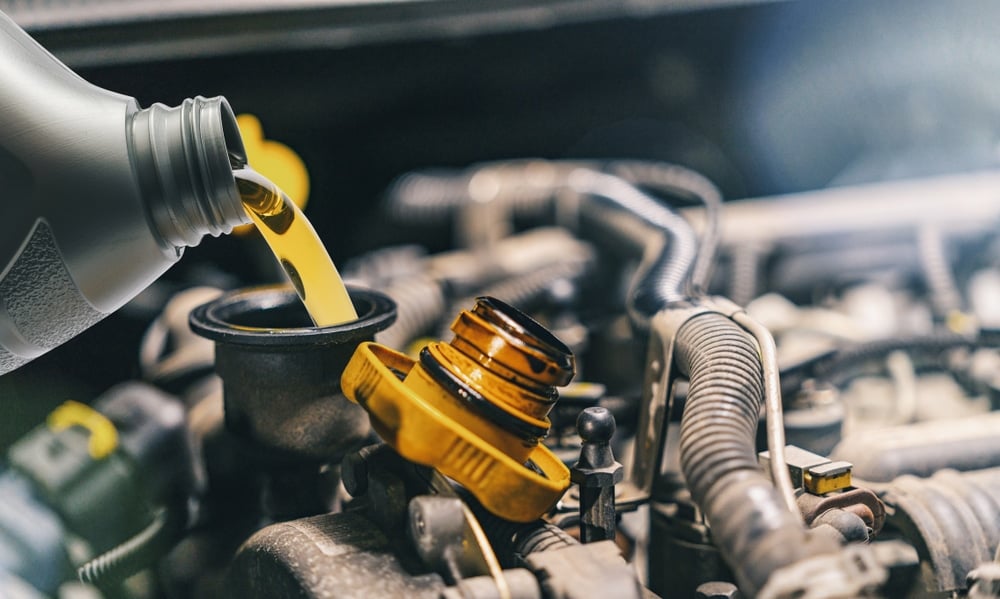
Several GMC Yukon models suffer from excessive oil consumption. In the better models, the consumption may be slightly less than what you would expect from a slow leak. But it will require putting more oil in regularly.
When the engine isn’t being properly lubricated, there’s a higher chance of wear. In extreme cases, the engine may need to be replaced. This is an issue that you may not know about when buying a used SUV. If the previous owner didn’t keep the right amount of oil in the engine, it could fail at any time.
Cracking Dashboard
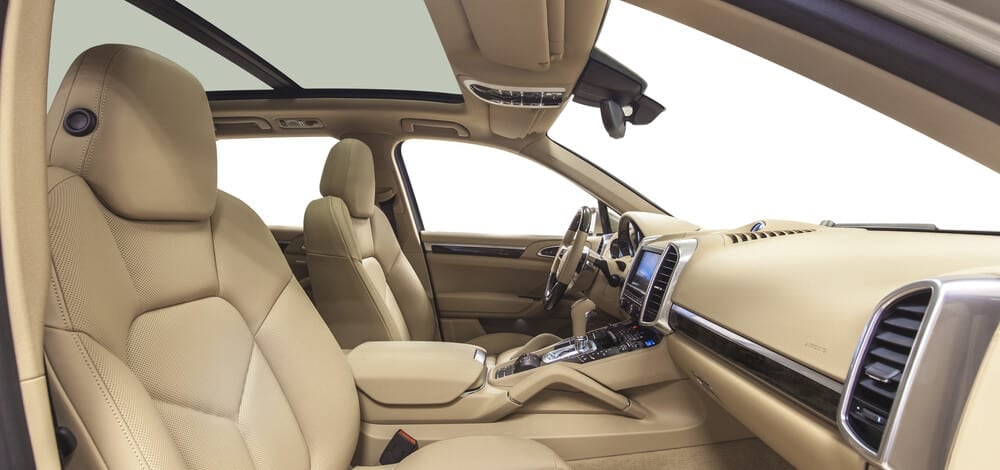
Some older GMC Yukon models have a dashboard that cracks prematurely. This happens faster if the vehicle has been stored in a warmer environment or exposed to a lot of sunlight.
The entire upper instrument panel needs to be replaced to fix the cracking. Sadly, this problem can occur before the SUV even hits 70,000 miles.
Defective AC System
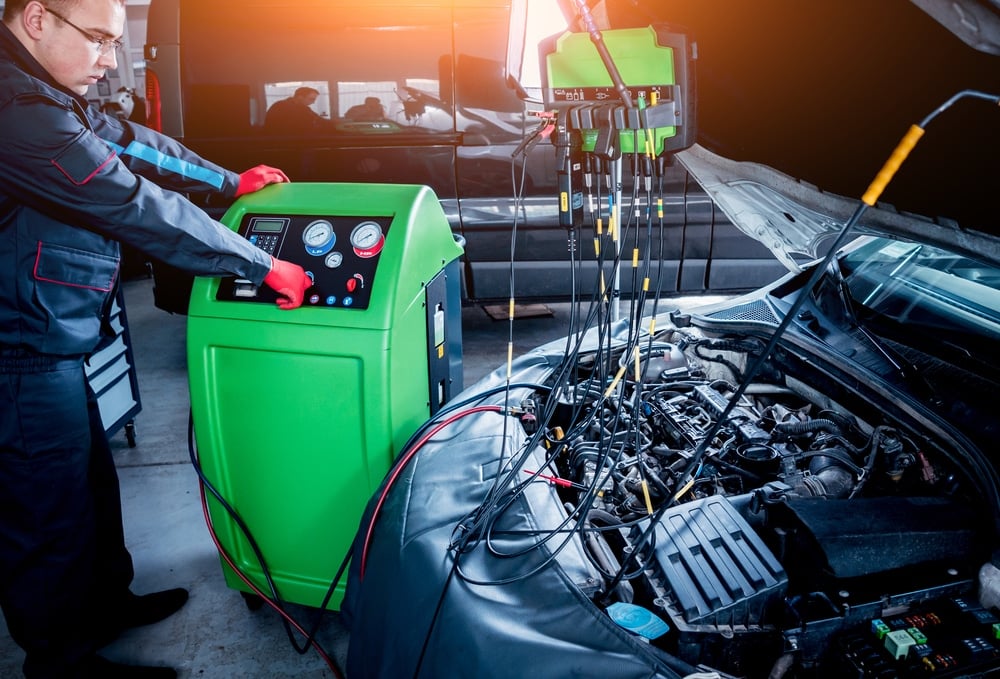
The air conditioning system is another that can fail prematurely. Of all the models, the 2015 Yukon tends to suffer from this the most.
AC repairs are pricey, with some costing more than $1,000. It also means that drivers are without air conditioning until the problems are repaired.
Transmission Vibrations
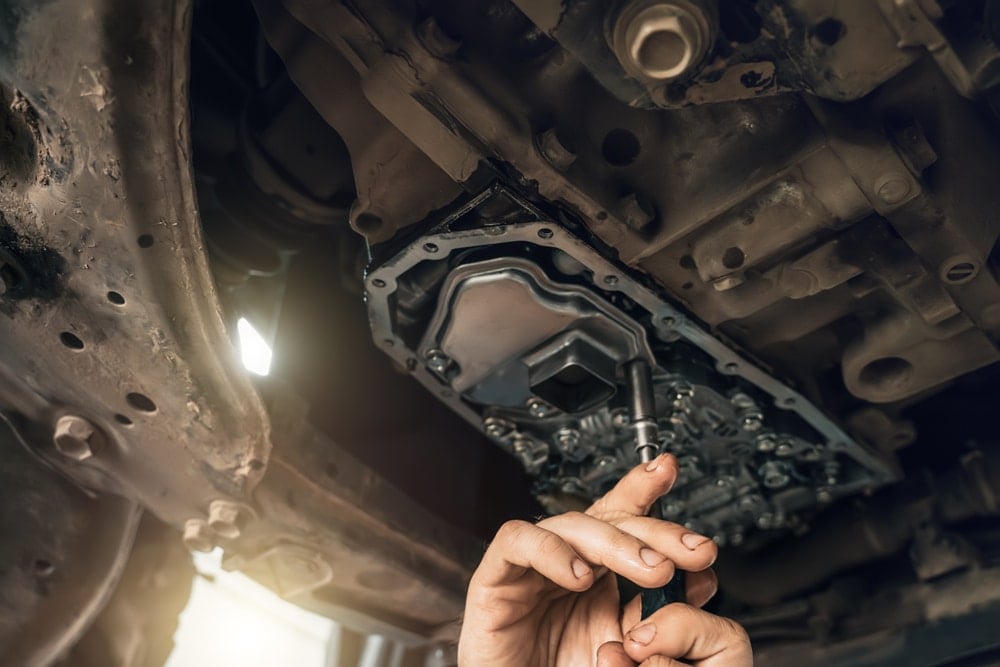
Our last complaint is with vibrations felt from the transmission. This vital component should never vibrate excessively, or internal damage could occur.
While most people aren’t looking at transmission replacements, this vibration can cause premature failure. If a transmission does need to be replaced, the cost is much higher than some of these SUVs are worth.
What is the best year to buy a used Yukon?
Some older Yukon models are more reliable than the newer ones. For example, we recommend the 2006 and 2009 Yukon. We also recommend the 2012-2014 GMC Yukon lineup. Read through customer reviews and look at recalls to see which model is best suited to your budget and needs.
Are GMC Yukons reliable?
RepairPal gives the GMC Yukon a score of 3.5 out of 5. It’s ranked 6th out of 14 full-size SUVs. The average cost of repairs and maintenance is $747 a year, which is a little lower than average in this segment. However, it does suffer from more severe issues than the average.
What is the best engine for the GMC Yukon?
The turbodiesel engine is the most efficient, providing superior fuel economy numbers while still providing exceptional towing and hauling capability. The 5.3L V8 engine is also efficient and powerful, offering a nice balance for budget-conscious consumers.
What is the most common problem for GMC Yukon?
According to customer complaints, the GMC Yukon suffers from malfunctioning tail lights. It can also go through an excessive amount of oil, leaving the engine unprotected, and deal with a cracking dashboard. Other complaints include transmission vibrations and defective AC systems, both potentially requiring expensive repairs.
GMC Yukons are meant for carrying lots of people. These large SUVs have earned a reputation over the years for providing a comfortable ride and plenty of power. Sadly, some models have also earned a warning because of defects and malfunctions that can lead to expensive repairs.
That’s why it’s so important to do your research before buying a used Yukon. Even if you find one that should be reliable, it needs to have been maintained and repaired regularly. Otherwise, you could face premature failure of any of the expensive systems, leaving you without an SUV for your family’s transportation needs.
Tags: GMC
Categories: General
